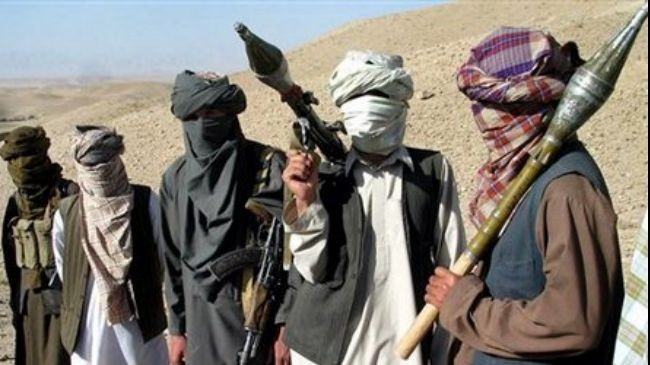In 2014 when the international coalition had an exit strategy in mind, many feared its terrible ramifications. Obviously, as the U.S. started evacuating its soldiers and replacing them with military advisors, the entire security responsibility fell on fledgling Afghan forces – whose military performance has been dazzling so far. In spite of that being said, people are still in constant fear as the Taliban’s bloodshed has hitherto escalated. Do those inflicting the suffering still have words to justify their barbaric acts?
The Taliban in the recent days has sought direct dialogue with the U.S. government. It does not take a genius to decipher its intended message. The Taliban is now under national and international pressure, being left with no option but to solicit direct talks with the US. The irony is that the fight is taking place inside Afghanistan with civilians being indiscriminately killed, and the Taliban refuse to simply sit down with Afghan officials. They have refuted exponential repetitive offers of the Afghan leaders for talks. Afghanistan has often called on them to send their envoys and join Afghan-led and Afghan-owned peace dialogue in order to reach a durable solution over decades-lasting war – true victims of which have been the innocent Afghans including women and children. As we grapple with making sense of a complex situation and in the midst of the foggy and tortuously complicated political and military scene in Afghanistan, there is absolutely nothing complicated when it comes to indiscriminate targeting of civilians. And the argument on the part of the Taliban is that it is a military battle against the U.S. government. And they continue to kill civilians.
Though pretending to be canny, the Taliban have failed both in the battlefield and diplomacy. Moreover, there have been exceptionally deplorable developments in peace negotiations. When the Taliban’s office opened in Qatar in 2013 to facilitate reconciliation between militants and the Afghan government, the only thing it facilitated was a prison exchange and no ideal panacea to end violence.
Threats to the Taliban come one after another; the total mutual pressure of the Afghan and U.S. governments to close the Taliban’s Qatar pseudo diplomatic office and the increased airstrikes on their strongholds all throw them on the brink of despondency. The news reverberated in the global sphere so quickly that hit the Taliban in a blind panic – a suffocating circumstance. All the doors are shut for the militant Taliban, except for proceedings from poppy cultivation to run their irrational war. Australian government has also joined forces to choke financing for militant networks. All these threats to the Taliban were alarming enough to instigate them to come up with another deceit – to stretch its tail for direct talks with Americans.
However, the government of Afghanistan is in the driving seat; without its consent, no talks shall be advantageous in the sphere of peace and reconciliation. Afghanistan believes in democracy, peace and socio-economic development. But war is keeping it from those visions. Indeed wars by their very nature bring about human casualties and Afghans suffer the collateral damage. Thus, it is indispensable that Afghan people are directly involved in peace talks. After decades of ceaseless war, Afghans demand a breath of serenity. The wounds inflicted on our nation can only be healed via Afghan-led and Afghan-owned peace and reconciliation process.
Moreover, if the militant Taliban consider themselves to be Afghans, they should parley with their own countrymen, not Americans directly. This is the quandary with our moral obligation; we cannot find a final solution to the war ourselves and solicit help from others. Our argumentation is not why the Taliban are pleading direct negotiations with the Americans. But we contradict their style of unilateralism. They simply demand to exclude Afghan representation. What we are dealing with is an inevitable parley of the U.S. and the Taliban about Afghanistan without Afghanistan’s presence. If Americans enter talks with the militants, they have to guarantee two cardinal principles; Afghan representatives ought to be part of the dialogue; and peace ought to be the only agenda of the dialogue.
 Afghanistan Times
Afghanistan Times




